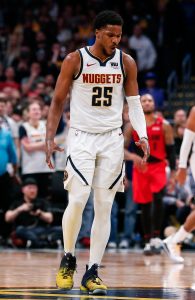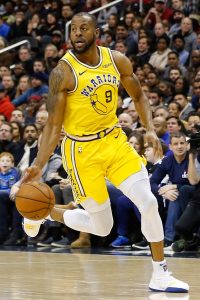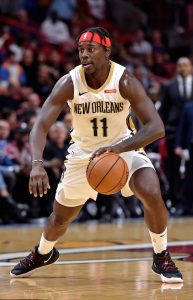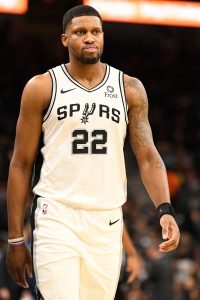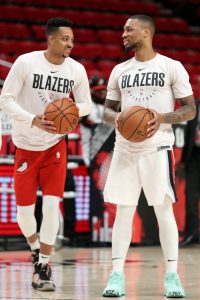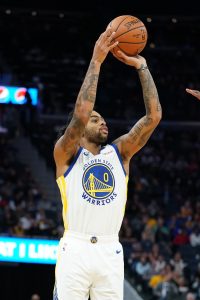In an epic new piece published yesterday, The Athletic’s John Hollinger takes a look at the nine middling NBA teams vying for the final two playoff spots in the Western Conference. Hollinger notes that the West used to be mighty across all eight of its playoff teams. It’s taken 45.4 wins on average for a team to make the playoffs since 2000.
A team with a losing record has not made the cut since 1997; all nine teams in the bottom of the West have losing records at this point in 2019/20. Last season’s eighth seed, the Clippers, won 48 games.
Hollinger feels that, while the 6-24 Warriors and 10-19 Grizzlies could each make theoretical runs for the final two playoff spots, it is not in their best interests to do so. Hollinger expects Memphis to instead gauge the trade market for its attractive expiring veteran contracts (Andre Iguodala, Jae Crowder and Solomon Hill).
Hollinger also dismisses the 7-23 Pelicans as being much of a contender for the final two playoff spots in the West, observing that reaching just 38 wins would be a fairly Herculean task for a team that just lost a staggering 13 games in a row. The team would have to win 62% of its remaining games to reach even that benchmark. With Zion Williamson still in street clothes for the indefinite future, New Orleans may be best served moving off some of its best veterans (Jrue Holiday, J.J. Redick and Derrick Favors) and throwing in the towel.
The Spurs and Timberwolves have nursed eight- and nine-game losing streaks of their own (and Minnesota may yet add to its streak). San Antonio’s two $20MM+, 30+ ex-All Stars, LaMarcus Aldridge and DeMar DeRozan, may be difficult to trade thanks to their performances this year. Minnesota three-and-D specialist Robert Covington could be a terrific trade attribute, on just the second year of a very reasonable four-year, $62MM deal.
After being the darlings of the NBA’s first month, the Suns have lost five straight games. The Kings kicked off their season with five consecutive defeats of their own. Hollinger considers Phoenix candidates to make a trade with an eye towards roster improvement this season, while he thinks the Kings need to see how former top draft picks De’Aaron Fox and Marvin Bagley III, who have missed most of the year with injuries, will help goose the team’s lackadaisical offense.
The Trail Blazers at present are $12MM into the NBA’s luxury tax, and Hollinger expects them to move one of their several expiring contracts and/or future draft picks to either (a) get under the tax threshold, (b) improve the team, or (c) both. With All-NBA point guard Damian Lillard still operating at the peak of his powers, shooting guard CJ McCollum providing steady offense, and injured center Jusuf Nurkic expected back at some point this season, the Blazers may have enough talent to sneak into the playoffs even with a cheaper supporting cast.
Hollinger accurately points out that the No. 7-seeded Thunder, fronted by several veterans GM Sam Presti would love to offload, are currently the class of this underwhelming crop. Though Hollinger is confident Danilo Gallinari, Chris Paul (having a potential All Star season if he stays healthy), and Dennis Schroder could be had for the right price. Steven Adams is not mentioned, but the same holds true for Oklahoma City’s $25.8MM center.
To this writer, the Trail Blazers and Suns feel like the teams with the right combination of talent and desire to be left standing when the dust settles. The Timberwolves and Thunder will be hard-pressed to not offload at least one of their more crucial starters. The Kings’ trade flexibility has been doomed by the four-year, $85MM summer contract they awarded to Harrison Barnes, who will never be an All-Star.
Which teams do you think will make the cut for these final two playoff spots in the West? Vote below in our poll, then head to the comment section to share your thoughts!
Trade Rumors app users, click here to vote.
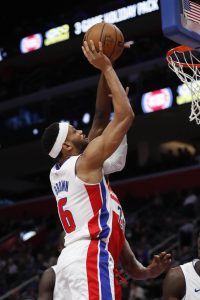 Bruce Brown
Bruce Brown